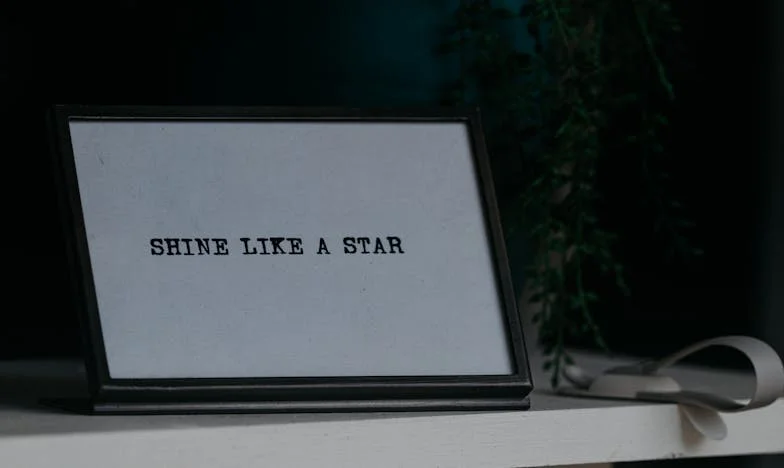“I Thought I Was Part of My Husband’s Family. Turns Out, I Was Wrong.”
Growing up, I always felt like an outsider in my own family. My parents were constantly preoccupied with their careers and social lives, leaving little room for me. They were always at some business meeting or social event, and I was often left in the care of my grandmother or other relatives. While I loved my grandmother dearly, I couldn’t help but feel a void where my parents’ attention should have been.
When I met my husband, John, I was immediately drawn to the warmth and closeness of his family. They had Sunday dinners together, celebrated every birthday and holiday with enthusiasm, and seemed genuinely interested in each other’s lives. It was everything I had ever wanted in a family, and I quickly became enamored with the idea of being a part of it.
John’s mother, Susan, was especially welcoming. She would invite me over for coffee and chat about everything from recipes to life advice. His father, Tom, was a jovial man who loved to tell stories and make everyone laugh. His siblings were friendly and inclusive, always making sure I felt like part of the group. For the first time in my life, I felt like I belonged somewhere.
As John and I got more serious, I started to see his family as my own. We got married in a beautiful ceremony surrounded by his relatives, and I was overjoyed to officially become a part of their family. However, as time went on, cracks began to appear in this seemingly perfect picture.
It started with small things. Susan would make offhand comments about how I did things differently from their family traditions. Tom would occasionally forget to include me in family plans, assuming John would fill me in later. His siblings would sometimes have inside jokes that I didn’t understand, making me feel like an outsider once again.
I tried to brush these incidents off, telling myself that it was just a matter of adjusting to a new family dynamic. But the feeling of being an outsider only grew stronger. One Thanksgiving, Susan asked me to bring a dish to the family dinner. I spent hours preparing a special recipe that my grandmother had taught me. When I arrived, Susan barely acknowledged my effort and placed my dish at the far end of the table, almost as an afterthought.
The final straw came during a family vacation. John and I had been looking forward to this trip for months. It was supposed to be a time for us to relax and bond with his family. However, from the moment we arrived, it was clear that I was not truly considered part of the group. Plans were made without consulting me, and I often found myself alone while John spent time with his parents and siblings.
One evening, as we all sat around a campfire, Susan made a comment that cut me to the core. She said, “It’s so nice to have the whole family together.” Her words stung because they made it clear that she didn’t see me as part of that “whole family.” I excused myself and went back to our cabin, tears streaming down my face.
When John came to check on me, I finally opened up about how I had been feeling. He was sympathetic but seemed at a loss for what to do. He assured me that his family loved me, but his words felt hollow. The reality was that no matter how much I wanted to be a part of his family, they would always see me as an outsider.
In the end, I realized that the sense of belonging I had been searching for couldn’t be found in someone else’s family. It was something I needed to create for myself. While John and I are still together, I’ve learned to set boundaries and focus on building my own sense of identity and community.
